Reporter VietNamNet had an interview with Dr. Le Quoc Phuong, former Deputy Director of the Center for Industry and Trade Information (Ministry of Industry and Trade), about how to protect domestic goods from the "tornado" of foreign goods flooding in when tariff barriers are removed.
Every country applies technical barriers.
- How do you evaluate the fact that Vietnam is becoming a fertile market for foreign imported goods?
Dr. Le Quoc Phuong: There are many imported goods in our country, including goods that our country can produce. This is a long-standing problem. We have tried to deal with it, but it has not been effective or only partially effective. The first and main reason is that foreign goods are cheap, and the quality of many items is equivalent to domestic goods.
Vietnam has opened up and integrated internationally through free trade agreements (FTAs). In these FTAs, tax rates are reduced to 0% or have a roadmap to gradually reduce to 0%. We are also not allowed to discriminate against imported goods.
When tariff barriers were removed, many countries increased the application of technical barriers and trade defense measures, while our country's technical barriers were almost non-existent or very thin.
For example, with food products, technical barriers commonly applied by countries are food safety and hygiene measures and animal and plant quarantine (SPS). For non-food products, they are technical barriers to trade (TBT).
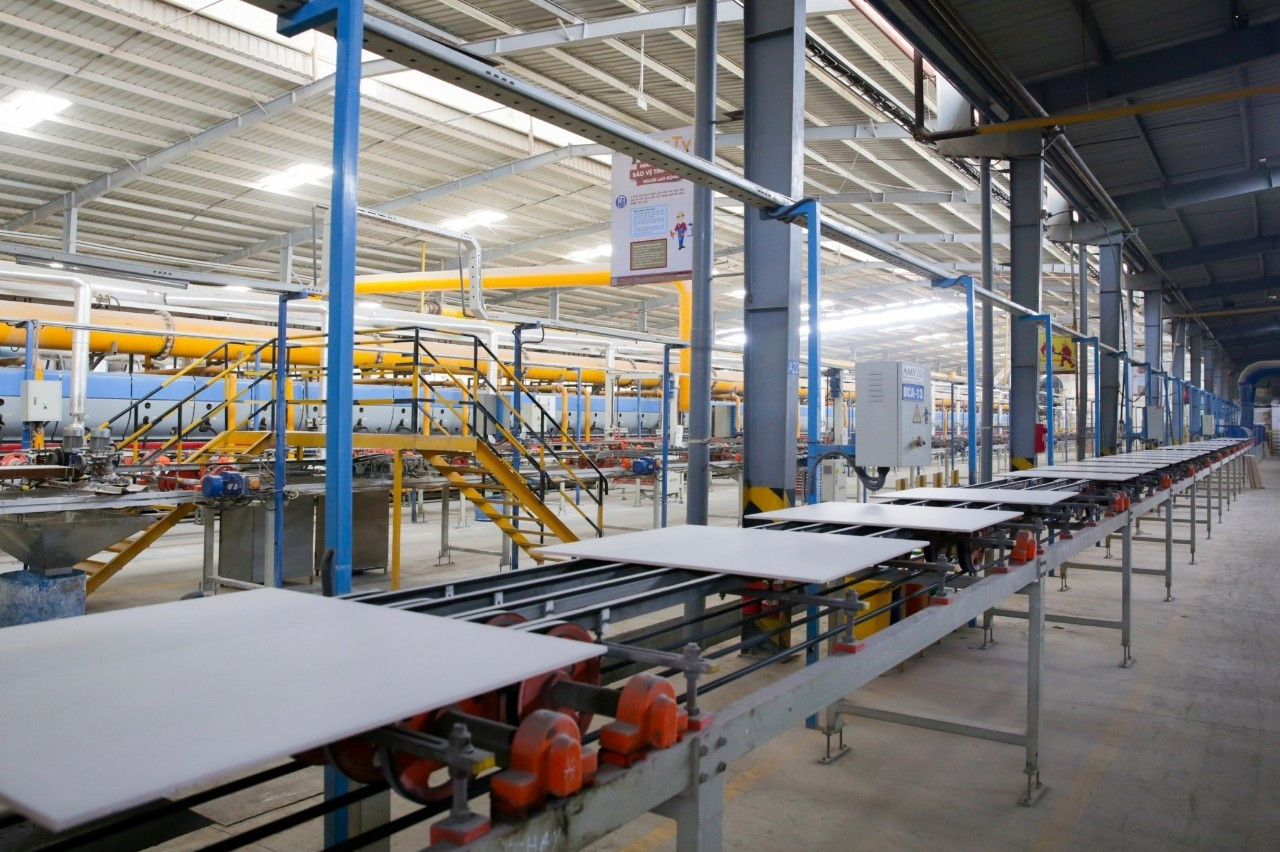
- Many domestic industries have had to cry out for help due to pressure from imported goods. Why don't we have effective measures to protect domestically produced goods, sir?
This includes both subjective and objective causes, from the enterprise itself as well as state agencies.
If our country applies technical barriers to trade such as TBT, some domestic manufacturing enterprises may not want to. Because according to WTO regulations as well as free trade agreements, a country that sets regulations related to TBT cannot distinguish between domestic and imported goods. That is, if TBT standards are set for imported goods, domestic goods must also meet those standards.
But in the country, many products do not meet that standard. The enterprises themselves have not yet applied it. Therefore, it is very difficult for us to do this. If we apply it, many enterprises may go bankrupt.
The method that other countries often use but we have not done much is to build technical barriers. Vietnam or any other country with an open economy must use technical barriers.
Technical barriers are permitted measures but must be reasonable, also to protect consumers and domestic producers. For example, imported food must meet food safety standards, other goods must ensure safety standards, environmental standards, labor standards... Countries use many types of standards and are permitted by the WTO.
In general, our technical barriers are in place but very weak. Therefore, imported goods still flood in, threatening domestic production. Of course, we are currently relatively secure because 90% of imports are production materials, only 10% are consumer goods. But even imported production materials have the potential to stifle domestic goods.
"It is dangerous to open the door without any protection."
- For some items with unusually large import turnover and signs of dumping, should Vietnam apply trade defense measures, sir?
In 2017, the Ministry of Industry and Trade established the Trade Defense Department, separated from the Competition Management Department. This is a tool to support domestic manufacturers when there is an abnormal increase in imports or the threat of causing serious damage to domestically produced goods.
The Department of Trade Defense has handled a number of anti-dumping cases, but the number of cases is still small, while other countries have dealt with a lot of Vietnamese goods. Vietnamese goods entering the US, India, and the EU all face trade defense measures. When we massively export a certain product, if within 1 year it increases by more than 10% or 20%, other countries will conduct an investigation, based on the request of their enterprises.
Vietnam's trade defense capacity is still weak because Vietnamese enterprises are not familiar with this.
Furthermore, the capacity to investigate, initiate lawsuits, and take trade defense measures is relatively weak. The Trade Defense Department is a newly established unit, everything started from zero. Over the past 6 years, this agency has started to handle a number of cases, but very few. The capacity of state management agencies is still weak, and coordination between state agencies and enterprises is not tight.
Enterprises themselves are still weak, especially small and medium enterprises. When there are many imported goods, enterprises do not know how to handle them. In many cases, pursuing anti-dumping lawsuits is very expensive, requiring hiring lawyers and experts. We do not have enough capacity, qualifications, and preparation.
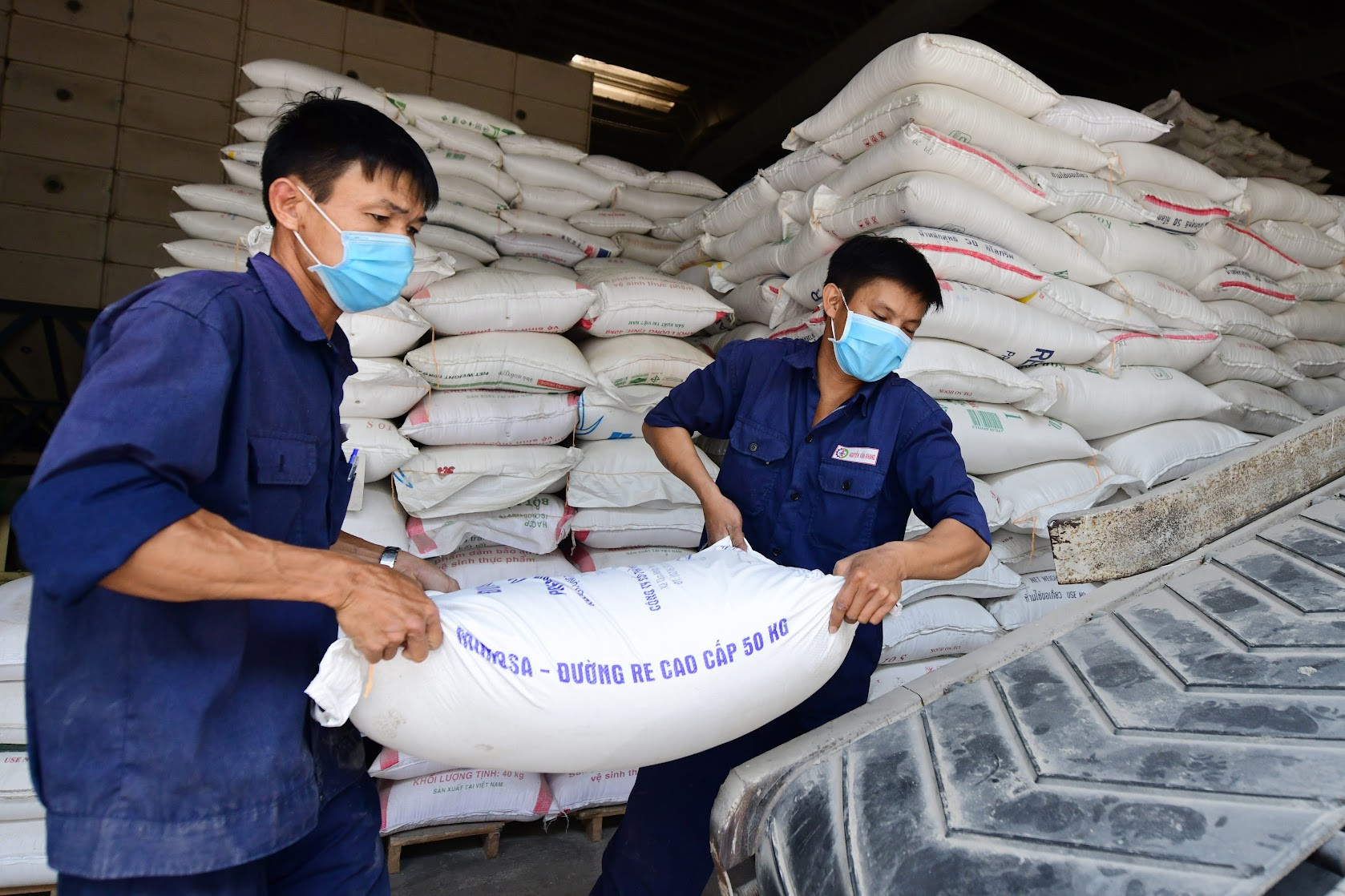
In short, in the context of “opening the door wide”, we must improve our trade defense capacity and technical barriers. If we open the door without any protection, it will be very dangerous for domestic production.
Steel is a typical example of being under pressure from imports. Steel was once imported mainly from China. Chinese steel even wanted to disguise itself as Vietnamese goods to export to other countries because Chinese steel was subject to very high taxes. Now, steel imports show no signs of stopping.
- So, ministries and branches need to pay more attention to building technical barriers to protect domestic production, sir?
Poor technical barriers and very low tariff barriers have created favorable conditions for foreign steel to flood in. Therefore, we must focus on research and propose measures on technical barriers and trade defense to protect domestic goods.
Domestic enterprises themselves must also improve their capacity, meet high standards and raise awareness and understanding of trade defense measures. That is what is needed to protect production from pressure from imported goods.
Thank you!
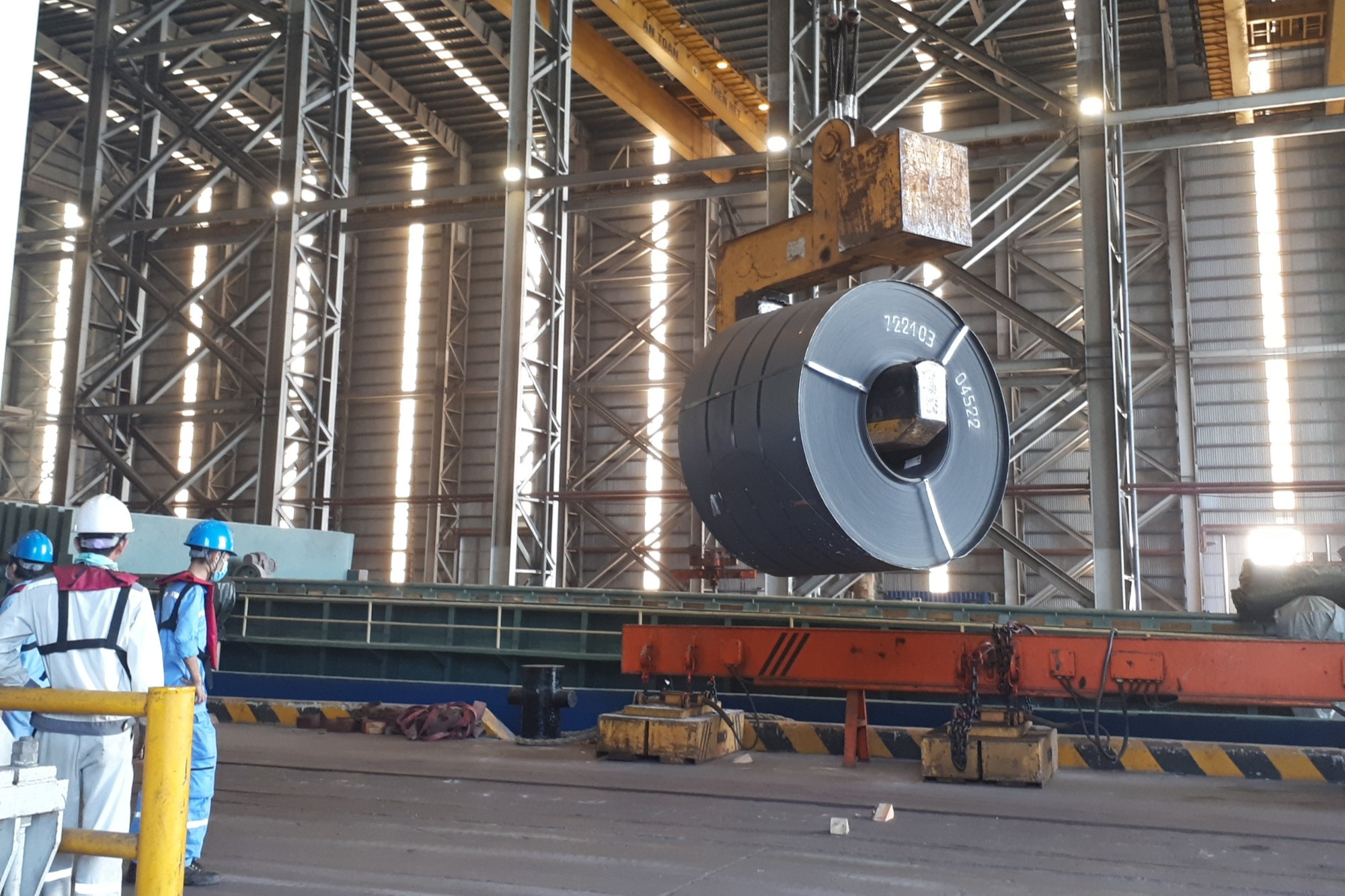
Source



![[Photo] National Assembly Chairman Tran Thanh Man chairs the meeting of the Subcommittee on Documents of the First National Assembly Party Congress](https://vphoto.vietnam.vn/thumb/1200x675/vietnam/resource/IMAGE/2025/5/8/72b19a73d94a4affab411fd8c87f4f8d)
![[Photo] Prime Minister Pham Minh Chinh meets with the Policy Advisory Council on Private Economic Development](https://vphoto.vietnam.vn/thumb/1200x675/vietnam/resource/IMAGE/2025/5/8/387da60b85cc489ab2aed8442fc3b14a)
![[Photo] General Secretary concludes visit to Azerbaijan, departs for visit to Russian Federation](https://vphoto.vietnam.vn/thumb/1200x675/vietnam/resource/IMAGE/2025/5/8/7a135ad280314b66917ad278ce0e26fa)
![[Photo] General Secretary To Lam begins official visit to Russia and attends the 80th Anniversary of Victory over Fascism](https://vphoto.vietnam.vn/thumb/1200x675/vietnam/resource/IMAGE/2025/5/8/5d2566d7f67d4a1e9b88bc677831ec9d)
![[Photo] President Luong Cuong presents the decision to appoint Deputy Head of the Office of the President](https://vphoto.vietnam.vn/thumb/1200x675/vietnam/resource/IMAGE/2025/5/8/501f8ee192f3476ab9f7579c57b423ad)


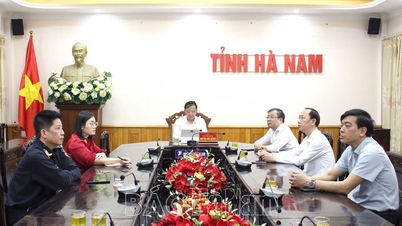

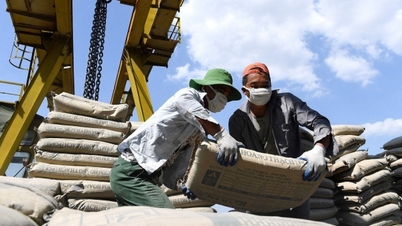




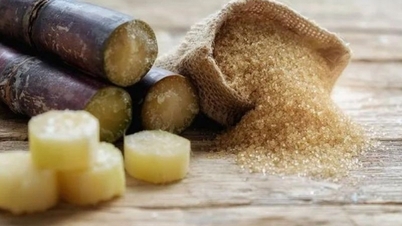

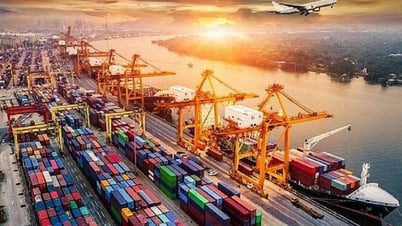
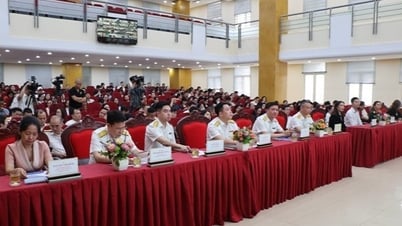


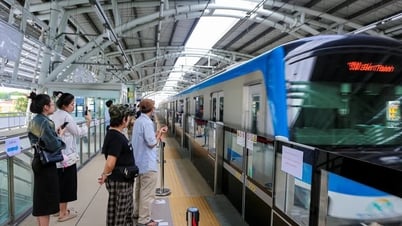









































![[Photo] Prime Minister Pham Minh Chinh talks on the phone with Singaporean Prime Minister Lawrence Wong](https://vphoto.vietnam.vn/thumb/402x226/vietnam/resource/IMAGE/2025/5/8/e2eab082d9bc4fc4a360b28fa0ab94de)














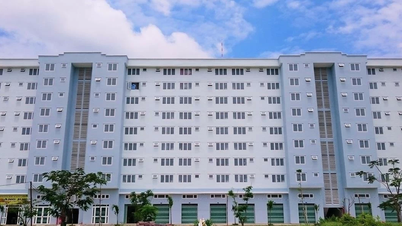
















Comment (0)